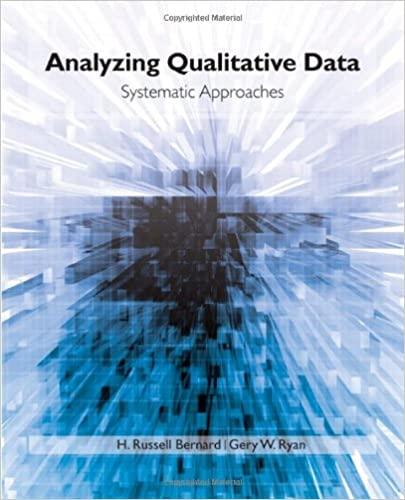Question
Alto was a businessman from Melbourne Australia who has been unable to work for 8 months due to an injury he sustained to his right
| Alto was a businessman from Melbourne Australia who has been unable to work for 8 months due to an injury he sustained to his right leg. He is now off work and feeling depressed. Alto's family are very religious and connected in the community, but he feels disconnected from this since his relationship breakdown with his wife Jeanette who use to be the one who organized social events. Alto use to exercise and be more social but he now rarely leaves his house and has been eating and drinking a lot of alcohol. His friend suggested he come in today to speak with you and get some support. |
From the above case study answer the following questions:
|
| d. List two personal strengths you used while working with this client. |
| e How did you handle any issues that challenged your moral principles or the therapeutic alliance you had with this client? |
| f Did you have any preconceptions with this client? If so, what were they and how did you address them? |
| 2 Complete the table below to review how well (e.g., very well, somewhat well, well, poorly or not at all) you demonstrated the following counselling micro-skills listed. In your responses, provide specific examples from the counsellingsession that may assist you to complete the table. |
Attended to the client's non- verbal communication | |
How did you demonstrate genuine authenticity | |
| Provide two examples of how you paraphrased and summarizing information |
|
Give two examples of questions: one that is open and one that is closed | |
Providing feedback to the client |
| 3. What skills have you gained or increased through working with your client that you believe still need developing? How would you generate opportunities for these skills to develop? |
| 4 How did the counselling flow chart help you work with the client? Specific examples from your session must be used. |
|
|
5. Describe what information / resources were provided at the beginning of the session to help the client understand the counselling process? |
6. Describe how you helped the client with any summarized feedback towards the end of session? |
7. Describe how you helped the client realize the counselling session was coming to an end. |
| 8. How did you set up boundaries at the beginning and the end of the session and provide possibilities for additional support? |
| 9. Describe how you assisted your client to develop or maintain a sense of autonomy from a person-centered perspective during the counsellingprocess? |
10. Provide reflection on your experience from the first counselling session |
Step by Step Solution
There are 3 Steps involved in it
Step: 1

Get Instant Access to Expert-Tailored Solutions
See step-by-step solutions with expert insights and AI powered tools for academic success
Step: 2

Step: 3

Ace Your Homework with AI
Get the answers you need in no time with our AI-driven, step-by-step assistance
Get Started


